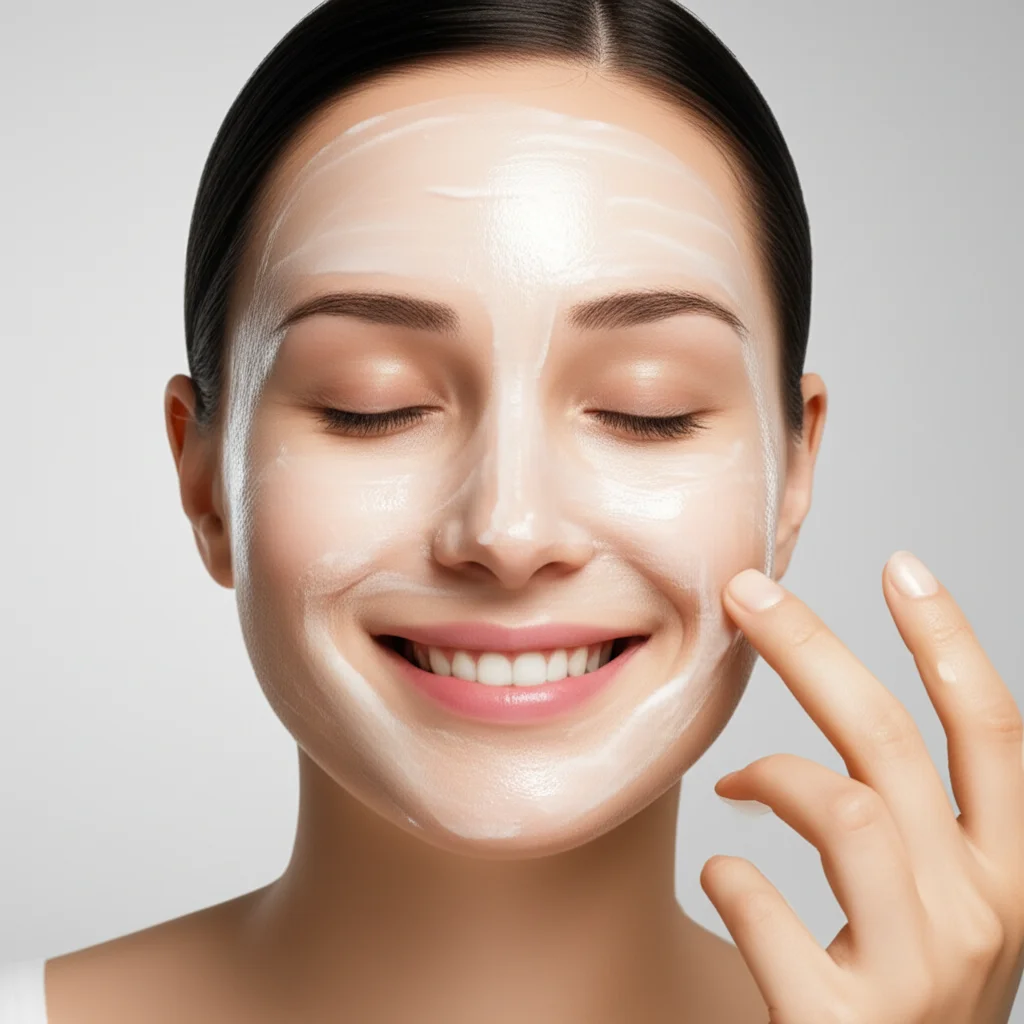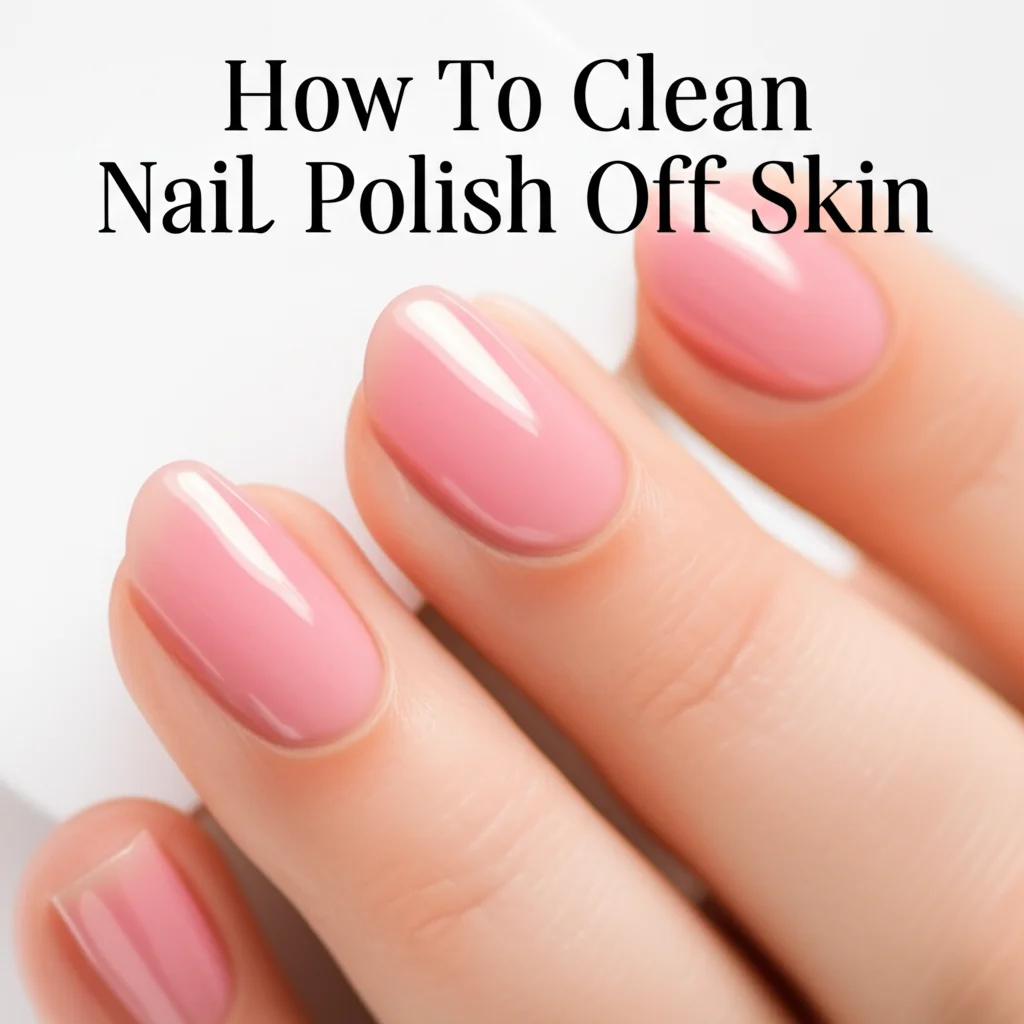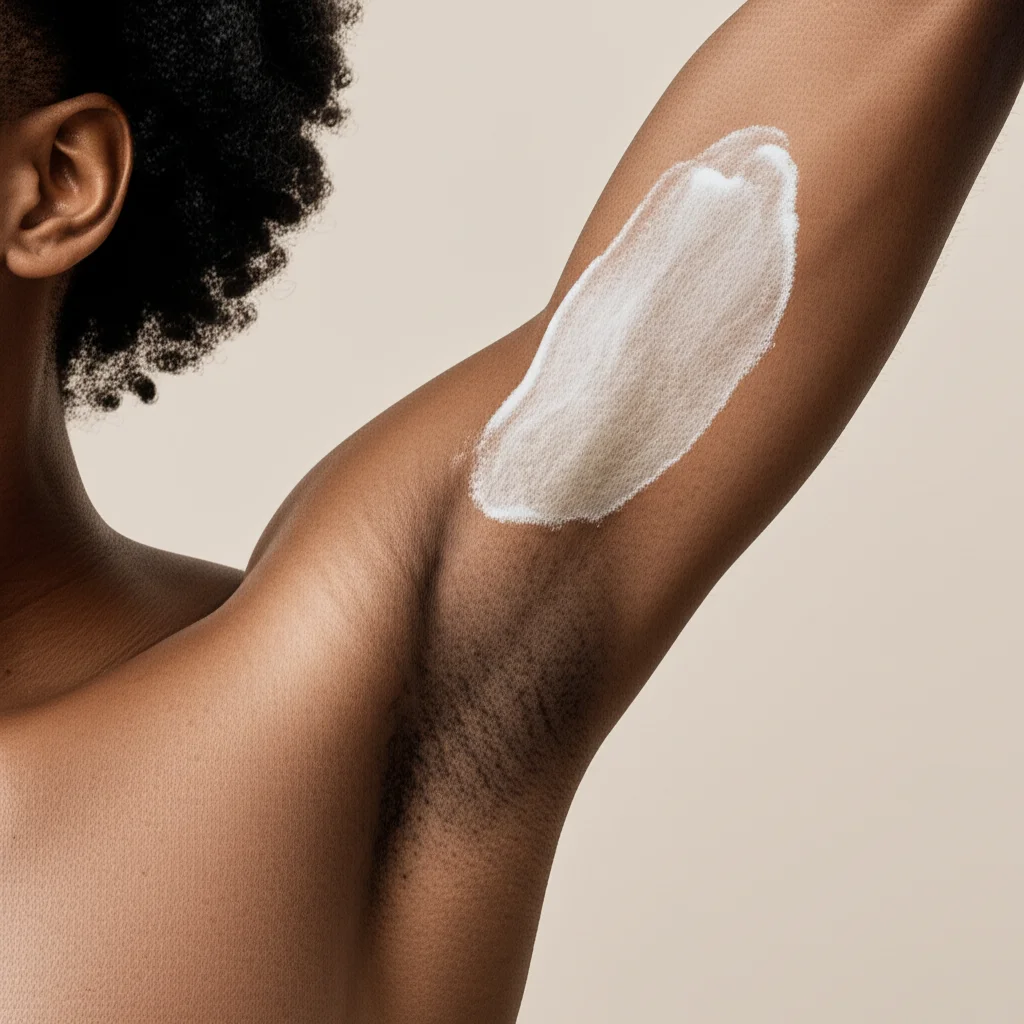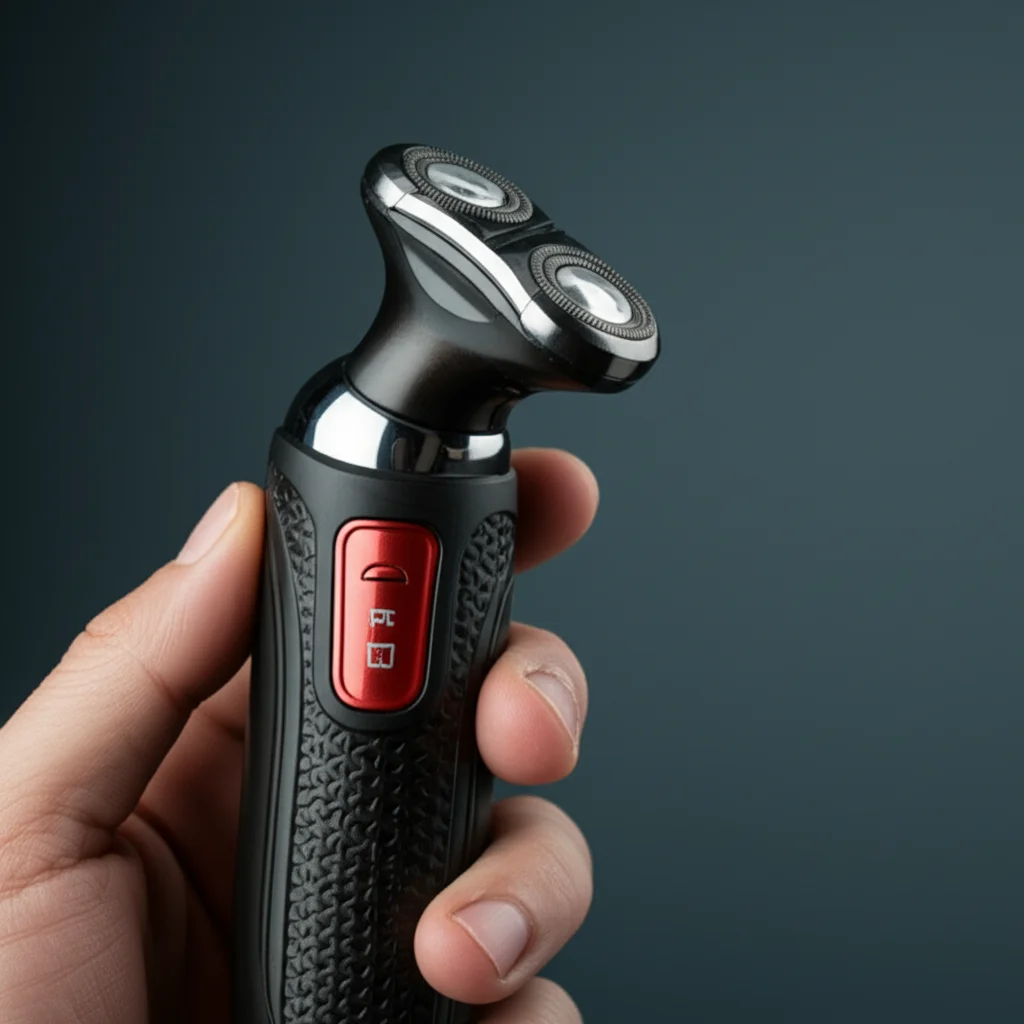· Todd Martin · Personal Care · 17 min read
How To Clean Up Acne

How To Clean Up Acne: Your Path to Clearer Skin
Dealing with acne can be frustrating. Pimples, blackheads, and whiteheads appear at the worst times. Many people wonder about the best ways to clean up acne. I understand this struggle. I know it impacts your confidence and daily life. You want simple, effective ways to manage breakouts and get clear skin.
This article shares practical advice. We will explore why acne happens. You will learn about gentle cleansing routines. We will discuss helpful topical treatments. We also cover important lifestyle changes. By the end, you will have clear steps to take. These steps help you achieve a healthier, cleaner complexion. Let’s work together to clean up acne effectively.
Takeaway
To clean up acne and get clearer skin, focus on these key actions:
- Gentle Cleansing: Wash your face twice daily with a mild cleanser.
- Targeted Treatments: Use products with salicylic acid or benzoyl peroxide.
- Moisturize & Protect: Keep skin hydrated and always use sunscreen.
- Healthy Habits: Eat well, manage stress, and get enough sleep.
- Avoid Picking: Do not squeeze or pick at pimples.
To effectively clean up acne, establish a consistent and gentle skincare routine, use targeted treatments containing active ingredients like salicylic acid or benzoyl peroxide, and adopt healthy lifestyle habits to support overall skin health and prevent new breakouts.
Understanding Acne: What Causes Breakouts?
Acne is a common skin condition. It happens when hair follicles plug with oil and dead skin cells. This leads to whiteheads, blackheads, or pimples. Knowing what causes acne helps you clean it up better. It lets you choose the right steps to improve your skin.
Many factors play a role in acne development. These factors often work together. They create an environment where breakouts can thrive. I have learned that addressing these causes is key. It helps you get clear skin. You can take control of your skin health.
Sebum and Clogged Pores
Your skin produces an oily substance called sebum. Sebum keeps your skin hydrated. It protects your skin. However, too much sebum can cause problems. It mixes with dead skin cells. This mixture can plug your hair follicles. These plugged follicles are the start of acne lesions. When pores are clogged, bacteria can grow easily. This leads to inflammation and pimples.
Bacteria’s Role
A specific type of bacteria lives on your skin. Its name is Propionibacterium acnes, or P. acnes. These bacteria are usually harmless. But when pores become clogged, P. acnes can multiply quickly. They feed on the trapped sebum. This rapid growth causes inflammation. It leads to redness and swelling. This is what we see as a typical pimple. Keeping skin clean helps manage bacteria.
Inflammation and Hormones
Inflammation is your body’s response to irritation. In acne, P. acnes and clogged pores cause this response. Your immune system sends cells to fight the bacteria. This causes redness, swelling, and pain. Hormones also play a big part. Androgens are hormones that increase during puberty. They stimulate oil glands. This makes more sebum. More sebum means more clogged pores. This is why teenagers often get acne. Stress can also affect hormone levels. It can make acne worse for some people. Understanding these links helps you address acne at its roots.
Essential Skincare Routine for Cleaning Up Acne
A consistent skincare routine is very important. It helps you clean up acne. It also prevents new breakouts. Your routine does not need to be complex. Simple, gentle steps work best. Harsh products can irritate your skin. They can make acne worse. My experience shows that consistency is the most important factor. Stick to a routine every day.
Starting a good skincare routine helps your skin heal. It helps reduce redness and inflammation. It also removes excess oil and dead skin cells. This creates a better environment for your skin. You will see improvements over time. Be patient and kind to your skin.
Gentle Cleansing Habits
Cleaning your face twice a day is crucial. Use a mild, non-foaming cleanser. Wash your face in the morning and before bed. Use lukewarm water. Hot water can strip your skin of natural oils. Apply the cleanser with your fingertips. Gently massage it onto your skin for about 30 seconds. Rinse thoroughly. Pat your skin dry with a clean towel. Do not scrub your face. Scrubbing can irritate active breakouts. It can spread bacteria. Remember to wash your hands before you start. This prevents transferring dirt to your face.
Smart Moisturizing
Even oily or acne-prone skin needs moisturizer. Cleansing and acne treatments can dry out your skin. Dry skin can produce more oil to compensate. This makes acne worse. Choose a non-comedogenic moisturizer. This means it will not clog your pores. Look for products labeled “oil-free” or “non-acnegenic.” Apply a thin layer after cleansing. Do this both morning and night. Moisturizing helps repair your skin barrier. A healthy skin barrier protects against irritation. It keeps your skin balanced.
Sun Protection
Sun exposure can damage your skin. It can make acne scars more noticeable. Some acne treatments make your skin more sensitive to the sun. This means you need sun protection every day. Use a broad-spectrum sunscreen. Choose one with SPF 30 or higher. Look for a non-comedogenic formula. Apply it every morning as the last step in your routine. Even on cloudy days, UV rays are present. Sunscreen helps prevent new damage. It protects your healing skin. Sunscreen is a must for anyone with acne.
Topical Treatments to Help Clean Up Acne
Topical treatments are applied directly to the skin. They are a core part of cleaning up acne. These products contain active ingredients. They work in different ways to clear breakouts. Some reduce oil. Others kill bacteria. Some help shed dead skin cells. You can find many options. Some are available over-the-counter (OTC). Others need a doctor’s prescription.
Choosing the right treatment depends on your acne type. It also depends on its severity. I always recommend starting slow. Introduce new products one at a time. This helps your skin adjust. It also lets you see what works best for you.
Over-the-Counter Heroes
Many effective acne treatments are available without a prescription. Two ingredients are most common:
- Salicylic Acid: This is a beta-hydroxy acid (BHA). It helps to unclog pores. It works by dissolving dead skin cells and oil. This prevents new blockages. Salicylic acid is good for blackheads and whiteheads. You can find it in cleansers, toners, and spot treatments. Start with a lower concentration. Use it a few times a week. Increase frequency as your skin tolerates it. It can cause dryness initially.
- Benzoyl Peroxide: This ingredient kills acne-causing bacteria. It also helps to shed dead skin cells. Benzoyl peroxide is effective for inflammatory acne. This includes red, swollen pimples. It comes in different strengths. Start with a 2.5% or 5% concentration. Use it once a day. This ingredient can bleach fabrics. Be careful when applying it. It can also cause dryness or redness.
Remember to follow product instructions. Use these treatments consistently. Give them time to work. It can take several weeks to see results.
When to See a Doctor
Sometimes, OTC treatments are not enough. If your acne is severe, persistent, or painful, see a dermatologist. A doctor can prescribe stronger medications. These include:
- Topical Retinoids: These are vitamin A derivatives. They prevent clogged pores. They also help reduce inflammation. Examples include tretinoin and adapalene. Adapalene is now available OTC, but stronger forms are prescription. They can cause initial redness and peeling.
- Topical Antibiotics: These kill acne-causing bacteria. They reduce inflammation. They are often used with benzoyl peroxide. This helps prevent antibiotic resistance. Examples include clindamycin and erythromycin.
- Oral Medications: For severe acne, a doctor may prescribe pills. These include oral antibiotics, isotretinoin (Accutane), or hormonal therapies. These have more side effects. They require careful monitoring by a doctor.
A dermatologist can create a tailored treatment plan. This plan considers your specific needs. Do not hesitate to seek professional help. Your skin health is important.
Lifestyle Changes for Clearer Skin
Skincare products are important. But what you do daily also impacts your skin. Lifestyle choices play a big role in acne. Small changes can make a big difference. I have found that a holistic approach works best. It supports overall health. This, in turn, helps your skin.
Thinking about your diet, stress levels, and sleep habits is key. These elements affect your body’s systems. They influence hormone balance and inflammation. Addressing them can help you clean up acne from the inside out. Let’s look at how you can make these positive changes.
Food Choices and Skin Health
Some foods can affect acne. High glycemic index foods are one example. These are foods that quickly raise blood sugar. Examples include white bread, sugary drinks, and certain cereals. They can lead to hormonal changes. These changes may trigger acne. Dairy products also link to acne for some people. Pay attention to how your skin reacts to certain foods.
Focus on a balanced diet. Eat plenty of fruits, vegetables, and whole grains. These foods provide vitamins and antioxidants. They help reduce inflammation. Include lean proteins and healthy fats. Omega-3 fatty acids are great for skin. They are found in fish like salmon. Staying hydrated is also important. Drink plenty of water throughout the day. Your diet supports healthy skin from within.
Managing Stress for Less Acne
Stress does not directly cause acne. But it can make existing acne worse. When you are stressed, your body produces more hormones. These hormones can stimulate oil glands. This leads to more sebum production. More sebum means more clogged pores. Finding ways to manage stress is vital.
Try stress-reducing activities. Exercise regularly. Practice meditation or yoga. Spend time in nature. Get enough sleep. Engage in hobbies you enjoy. Deep breathing exercises can also help. A calmer mind often means calmer skin. Prioritize your mental well-being. Your skin will thank you.
The Importance of Sleep
Sleep is when your body repairs itself. This includes your skin. Lack of sleep can increase stress hormones. It can also disrupt your immune system. Both of these factors can contribute to acne breakouts. Aim for 7-9 hours of quality sleep each night.
Create a relaxing bedtime routine. Go to bed and wake up at the same time daily. Keep your bedroom dark, quiet, and cool. Avoid screens before bed. Good sleep allows your skin to regenerate. It helps reduce inflammation. It helps your body balance hormones. Proper rest is a powerful tool for clear skin.
Preventing Future Acne Breakouts
Cleaning up existing acne is one step. Preventing new breakouts is just as important. This involves adopting good daily habits. It also means being mindful of things that touch your skin. Consistency in these practices helps maintain clear skin. These tips go beyond your standard face-washing routine. They address hidden factors that can trigger acne.
Think about your daily environment. Consider your personal habits. Small adjustments can have a big impact. My experience shows that prevention is always better than cure. Let’s explore how to keep your skin consistently clear.
Hygiene Habits Beyond Face Washing
Your face is not the only place where acne forms. Body acne is common. Remember to shower right after sweating. Sweat can mix with oil and dirt. This can clog pores on your back, chest, or shoulders. Use a body wash with salicylic acid or benzoyl peroxide if you get body acne. You can read more about specific strategies for body breakouts in our guide on how to clean back acne and how to clean up back acne. Keep your hair clean too. Oily hair can transfer oils to your face and back. If you have oily hair, wash it frequently. We also have tips on how to have clean hair.
Change your towels often. Use a clean towel every time you wash your face. This prevents transferring bacteria. Wash your workout clothes after each use. Dirty clothes can trap sweat and bacteria against your skin. This can cause breakouts.
Pillowcases and Phones
These items touch your face daily. They can collect oil, dead skin cells, and bacteria. Change your pillowcase at least once a week. More often if you have severe acne. Use a clean pillowcase to prevent new breakouts. Satin or silk pillowcases may also be gentler on your skin.
Your phone screen is a breeding ground for germs. It touches your face frequently. Clean your phone screen daily. Use an antibacterial wipe. This removes bacteria and oil. It prevents them from transferring to your skin. Try to use headphones for calls if possible. This keeps your phone away from your face.
Exercising Wisely
Exercise is great for your overall health. It helps reduce stress. But exercise can also contribute to acne if you are not careful. When you sweat, your pores can get clogged. Always cleanse your skin before and after a workout. This is especially true if you wear makeup. Makeup can mix with sweat. This creates a perfect storm for clogged pores.
Wear loose, breathable clothing during workouts. Tight clothing can trap sweat and heat. This leads to friction and irritation. This can cause body acne. Shower immediately after your workout. Do not let sweat dry on your skin. These simple steps help prevent exercise-induced breakouts.
Myths and Facts About Cleaning Up Acne
Many ideas circulate about acne. Some are true, but many are myths. Believing myths can make your acne worse. It can delay proper treatment. Understanding the facts helps you clean up acne effectively. It guides you toward better skin health. Let’s look at some common beliefs. We will separate fact from fiction.
I have heard many suggestions over the years. It is important to rely on scientific evidence. Do not trust everything you read online. Getting the right information empowers you. It helps you make smart choices for your skin.
Does Popping Pimples Help?
Myth: Popping pimples helps them heal faster.
Fact: Popping pimples usually makes things worse. It can push bacteria deeper into your skin. This increases inflammation. It leads to bigger, more painful pimples. Picking can also cause permanent scarring. It can lead to dark spots. Resist the urge to pop. Let pimples heal naturally. Or use a spot treatment. If a pimple is very bothersome, see a dermatologist. They can safely extract it.
Is Tanning Good for Acne?
Myth: Tanning clears up acne.
Fact: Tanning does not clear acne. It might temporarily dry out the skin. This can make acne seem better at first. But tanning damages your skin. UV rays cause inflammation. They can also thicken the outer layer of skin. This can clog pores more easily. Tanning also increases your risk of skin cancer. It speeds up skin aging. Never use tanning as an acne treatment. Use proper sun protection instead.
Scrubbing Harder is Better?
Myth: Scrubbing your face vigorously cleans pores better.
Fact: Harsh scrubbing irritates your skin. It can make acne worse. It can spread bacteria. It can strip your skin of natural oils. This causes your skin to produce more oil. More oil means more clogged pores. Always use a gentle touch when cleansing. Use a mild cleanser and your fingertips. Pat your skin dry. Gentle care is key to calming inflamed skin. Your skin responds best to kindness.
Addressing Body Acne: A Special Focus
Acne does not only appear on your face. It can also show up on your body. This includes your back, chest, and shoulders. Body acne is just as common as facial acne. It forms for similar reasons. Oil, dead skin cells, and bacteria clog pores. Cleaning up body acne requires a specific approach. This focuses on habits and products suitable for larger areas.
I know that body acne can be uncomfortable. It can affect what clothes you wear. It can make you feel self-conscious. But you can manage it effectively. Let’s discuss ways to tackle body breakouts.
Causes of Body Acne
The skin on your body has many oil glands. This is especially true on your back and chest. These areas produce a lot of sebum. Hair follicles here can easily become clogged. Tight clothing can trap sweat and friction. This pushes oil and dead skin deeper into pores. Exercise, sweat, and dirty clothes also contribute. Showering immediately after sweating is important. Consider using a specific body wash for these areas.
Sometimes, hair products can cause breakouts on your back or shoulders. If you use heavy conditioners or styling products, rinse them off thoroughly. Make sure they do not drip down your back. Changing your shampoo or conditioner might help if you suspect this.
Showering Habits
Your showering habits significantly impact body acne. Always shower promptly after sweating. This includes after workouts or hot weather. Use a body wash designed for acne. Look for ingredients like salicylic acid or benzoyl peroxide. Apply the wash with a soft cloth or your hands. Gently cleanse the affected areas. Do not scrub harshly. Rinse off thoroughly. Make sure no soap residue remains.
It is also a good idea to shower after using hair conditioner. Rinse your hair first, then wash your body. This ensures that any conditioner residue, which can be oily, is washed off your skin. Using a loofah might feel like it’s cleaning well, but it can harbor bacteria. A clean washcloth or your hands are safer options.
Clothing Choices
What you wear matters. Opt for loose-fitting clothing. Choose natural, breathable fabrics. Cotton is a good choice. These materials allow your skin to breathe. They prevent sweat and heat from getting trapped. Tight clothing, especially workout gear, can rub against your skin. This friction can irritate hair follicles. It can push oil and bacteria into pores.
Change out of sweaty clothes quickly. Do not sit around in damp gym clothes. Wash your clothes regularly. Use a gentle, fragrance-free detergent. This avoids irritating your skin. Clean clothes help keep your body skin clear.
FAQ Section
Q: How long does it take to clean up acne? A: Clearing acne takes time. You may start to see improvements in 4 to 6 weeks. Full results can take 2 to 3 months or longer. Consistency is key. Stick to your routine daily. Do not expect overnight fixes. If you don’t see improvement, a dermatologist can offer more options.
Q: Can diet really affect my acne? A: For some people, diet can affect acne. High glycemic index foods and dairy products are often linked to breakouts. These foods can cause hormonal changes. These changes stimulate oil production. Focus on a balanced diet with whole foods, fruits, and vegetables. Pay attention to how your skin responds to different foods.
Q: Is it okay to use multiple acne treatments at once? A: Using too many acne treatments can irritate your skin. This can make acne worse. Start with one or two active ingredients. Introduce new products slowly. Watch how your skin reacts. If irritation occurs, reduce frequency or stop using a product. Consult a dermatologist for a custom treatment plan. They know which products work well together.
Q: What is the best way to deal with acne scars? A: Preventing scars is important. Do not pick or squeeze pimples. For existing scars, there are treatments. Topical retinoids can help reduce some types of marks. A dermatologist can offer stronger solutions. These include chemical peels, laser therapy, or microneedling. These treatments improve skin texture and reduce discoloration.
Q: Can stress cause acne? A: Stress does not directly cause acne. However, stress can worsen existing acne. When stressed, your body releases hormones. These hormones can increase oil production. This leads to more breakouts. Managing stress helps your overall health. It also supports clearer skin. Practice relaxation techniques like exercise or meditation.
Conclusion
Cleaning up acne requires a multi-faceted approach. It involves gentle skincare, targeted treatments, and healthy lifestyle changes. Remember that clear skin takes time and consistency. Be patient with your skin. Do not get discouraged by slow progress. Every step you take helps your skin heal and look its best.
Start by adopting a gentle cleansing and moisturizing routine. Incorporate effective topical treatments like salicylic acid or benzoyl peroxide. Make conscious choices about your diet, stress levels, and sleep. Prevent future breakouts by maintaining good hygiene. You have the tools now to take control. With these strategies, you are well on your way to effectively clean up acne and achieve healthier, clearer skin. Your journey to a more confident you starts today.
- acne solutions
- clear skin
- skincare routine
- treat breakouts
- skin health tips





